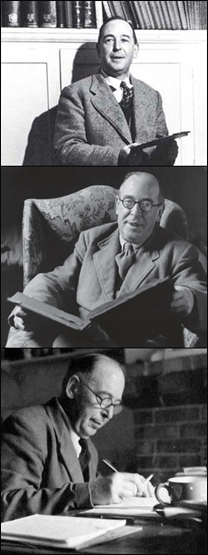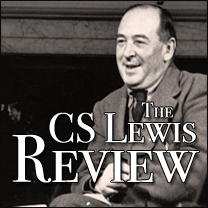
Till We Have Faces: Some Book Club Talking Points
Starting Questions:
• Why Myth? Why This Myth?
• Why a female protagonist for this kind of tale?
• One has called this a reverse spiritual autobiography or the converse of “Pilgrim’s Regress”; why might this be so?
• Any resonances with other Lewis works you know and love?
Digging in: Who’s Who, What’s What?
1. Who is the narrator of the novel? Describe her family situation.
2. How does Orual describe her relationship with Psyche?
3. Orual’s familial love for Psyche is only one of several relationships based on love in its widest definition. What are some of the other “love” relationships in the novel?
4. The novel is based on foundational conflicts between characters and between worldviews. What are some of these conflicts. How does Orual’s failure to look AT and ALONG precipitate them?
5. Who/what is Ungit and what does role does it play in the novel?
6. Who is and what role does the Fox play in the life of the narrator in Part 1? In Part 2?
7. How does Lewis change the myth of Cupid and Psyche for the purpose of the novel? How do the changes affect the theme of the novel?
Theme and Significance
8. How to complain: The myth has, of course, its due number of gods and goddesses, and Orual constantly refers to her complaint against the gods. After reading the novel, whom do you believe her complaint to be against? Is it just?
9. The original title of the book was Bareface. Which title do you like better and why? What does the final title come to mean?
10. Sometimes novels contain a kernel sentence that serves as the lynchpin of the work. It could be argued that the sentence “You also shall be Psyche” serves that function in this work. Or, perhaps, “Die Before You Die.” What do you believe these sentences mean? Is there another?
Critical thematic issues
•Orual’s identity: Her own search for personal identity and concealment of identity;
In what way does Orual also “become” Psyche?
To what extent does Orual identify herself with Psyche in Part I?
Why are their identities fused at the end of Part II?
Key Themes
•The justice (or injustice) of Orual’s complaint
•Psyche as a Christ figure
•Significance of Orual’s veil (this connects with Orual’s identity, above)
•Ungit—the peculiar view of religion developed in terms of Glomian paganism.
•The Fox—the relationship between paganism and Greek rationalism on the one hand, and the tension between Christianity and modern rationalism on the other.



